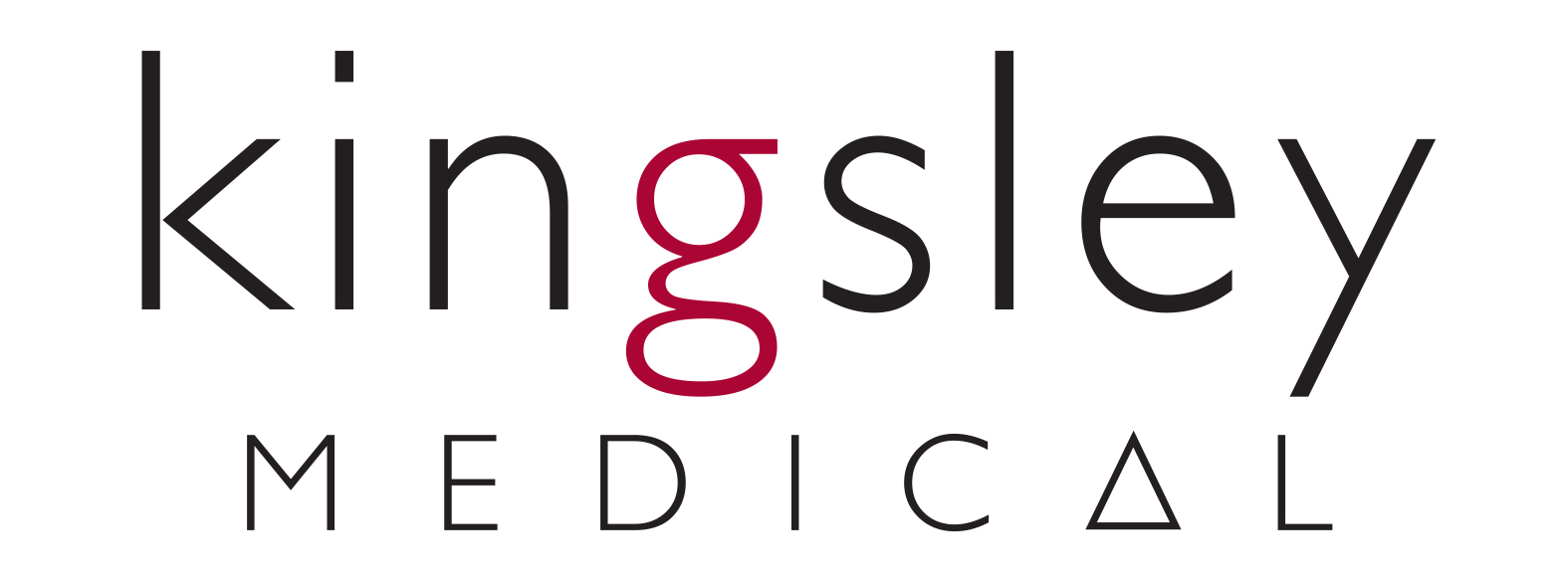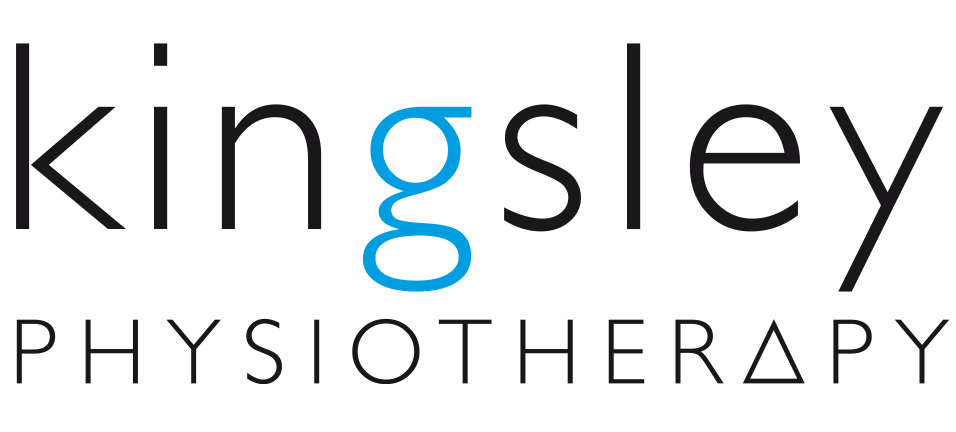Stroke
Stroke can be caused either by a clot obstructing the flow of blood to the brain (called an ischemic stroke) or by a blood vessel rupturing and preventing blood flow to the brain (called a haemorrhagic stroke). A TIA (transient ischemic attack), or “mini stroke”, is caused by a temporary clot.
The brain is an extremely complex organ that controls various body functions. How a person is affected by their stroke depends on where the stroke occurs in the brain and how much the brain is damaged.
Some people recover completely from strokes, but more than 2/3 of survivors will have residual difficulties.
Around 30% of stroke survivors are of working age [under the age of 65].
Common effects of stroke include hemiparesis (poor movement control or weakness on one side), pain, spasticity (muscle spasms), visual changes, altered sensation (numbness or pins and needles), and reduced balance. All of these may contribute to difficulties with everyday tasks.
Additional effects of stroke include, swallowing difficulties, speech and communication difficulties, changes in memory and thinking, changes in mood and sleep amongst others.
Neurological physiotherapy rehabilitation can help you after stroke to regain strength, control and movement in your arms, legs and body and get back to everyday activities.
Physiotherapy Stroke Rehabilitation
Neurological physiotherapy helps people retrain the body to be able to perform everyday tasks by regaining use in stroke-impaired limbs and teaching strategies to maximise function while deficits remain. This may include coordinating leg movements for walking or regaining control of muscles in the arm and hand to hold a cup for example.
Physiotherapy rehabilitation following stroke can help with movement control and weakness, coordination of movement, balance retraining, sensory awareness and loss of fitness. There is clear evidence that physiotherapy in the form of strength training, electrical stimulation and mental practice can improve movement control; balance and sensory retraining improves function; task specific practice improves performance of coordinated movements; and being generally more active, moving towards fitness training is beneficial for recovery following stroke.
If you would like to discuss how specialised, goal-directed neurological physiotherapy could help you please phone or email us.





